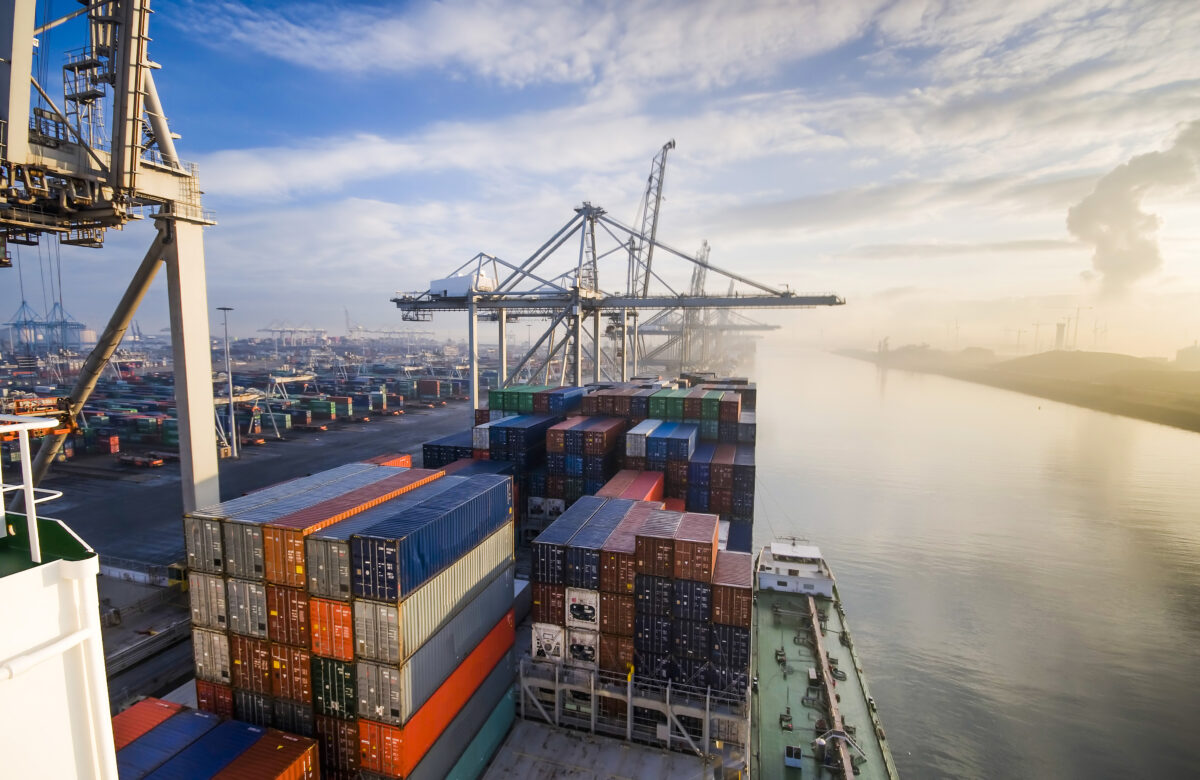There is often talk of a customs “blacklist”. But what does this term really mean?
In short, there is no official customs “black list”.
However, there are two things that are understood as a black list:
- An internal ranking system for companies that have attracted attention during imports and exports
- lists of sanctions prohibiting transactions with companies listed in those lists
Black list for import and export
Many companies ask if there is a blacklist at customs where you can end up. This question often arises when many consignments end up in customs inspection or are subject to constant customs checks.
Again, there is no official black list. However, Customs maintains an internal system in which companies are given a school grade. Frequent incorrect payment of dutyincorrect customs tariff number or other breaches of customs law can lead to companies being given an incorrect rating.
Worried about being blacklisted?Speak with our attorneys – we can help clarify your assessment with customs.
Sanction lists: Avoid business with these individuals
Sanction lists are another form of a “black list”, intended primarily to impose financial sanctions and possible travel restrictions on persons and groups involved in terrorism. These measures directly target individuals, entities, or organisations with so-called “embargoed persons” or “smart sanctions”.
In the case of financial sanctions, this means that the assets of the persons concerned will be frozen and no funds or other economic benefits may flow to the person or organisation on a sanctions list (called a “prohibition on provision“).
Because the liability criterion is very broad for person-related embargoes, the prohibition may apply not only to traditional financial contributions in the form of money or cheques but also to the consignment of goods or the provision of commercial premises.
In order to avoid this liability risk, companies should therefore carry out a sanctions list check by all means.
Who is on the blacklist?
The United Nations (UN) adopted several resolutions in the early 2000s to combat the financing of terrorist groups and networks, in particular in response to the terrorist attacks of 11 September 2001.
The aim of the UN resolutions is to create a uniform obligation for UN member states, which in turn should strengthen and guarantee international peace and security.
First, the resolutions include financial sanctions against specific terrorist organisations: for example, the UN Security Council has ordered that all funds and financial resources of members and supporters of Al-Qaeda, the Taliban, Usama Bin Laden, as well as other persons and institutions supporting these organisations, be frozen.
On the other hand, under UN law it is the duty of all UN member states, including all persons and institutions that commit, attempt to commit, facilitate or support terrorist crimes, to freeze all funds and financial resources.
To date, the European Union has implemented these UN resolutions in a total of three basic EU regulations on combating terrorism, which are also directly applicable in Germany:
- Al-Qaida regulation
- Afghanistan Regulation
- Terror Suspicion Ordinance
In this context, the BAFA also provides information on all personal embargoes and EU regulations that have to be observed when trading with companies and certain countries.
Early warnings are helpful
The Federal Ministry of Economics and Technology also issues informal and non-binding warning notices for exporters to alert them about defence projects and procurers. These early warning letters serve to sensitise the export industry.
The companies included in these unofficial warning lists are classified by German authorities as critical and may be related to defence procurement or to other defence companies.
The aim is to avoid unintentional procurement attempts by German companies in the following areas:
- Nuclear, biological, or chemical (NBC) weapons
- Carrier technologyother particularly critical armaments projects
Early warning letters should enable economic operators to act with greater certainty and prevent damage to the reputation of German exporters.
In contrast to the public sanctions lists, however, the early warning letters are not published – companies must contact the local chambers of industry and commerce.
The chamber of commerce can check export projects and make a possible comparison of consignees who may be involved in such activities.
Companies that have their exports checked by the respective Chamber of Commerce can obtain appropriate insurance cover as part of this review.
Contact with BAFA is recommended
The inclusion of a customer in an early warning letter is a clear warning signal for exporters
Early warning letters are not a full guarantee
Early warning letters do not provide a complete list of critical recipients or companies.
Furthermore, they are not legally binding. In other words, companies cannot escape liability if they are accused of a sanction violation by observing an early warning letter.
In order not to become associated with scandals and misuse of goods manufactured or supplied, companies should therefore take their export control very seriously and in any case check for possible imponderables or inconsistencies in the context of a comprehensive and individual sanctions list review.
When in doubt, companies are also advised to obtain what is called a zero notice or an export permit from BAFA, especially for unlisted goods.
Dieser Artikel wurde am 22. September 2020 erstellt. Er wurde am 30. September 2023 aktualisiert. Die fachliche Zweitprüfung hat Rechtsanwalt Dr. Tristan Wegner durchgeführt.

